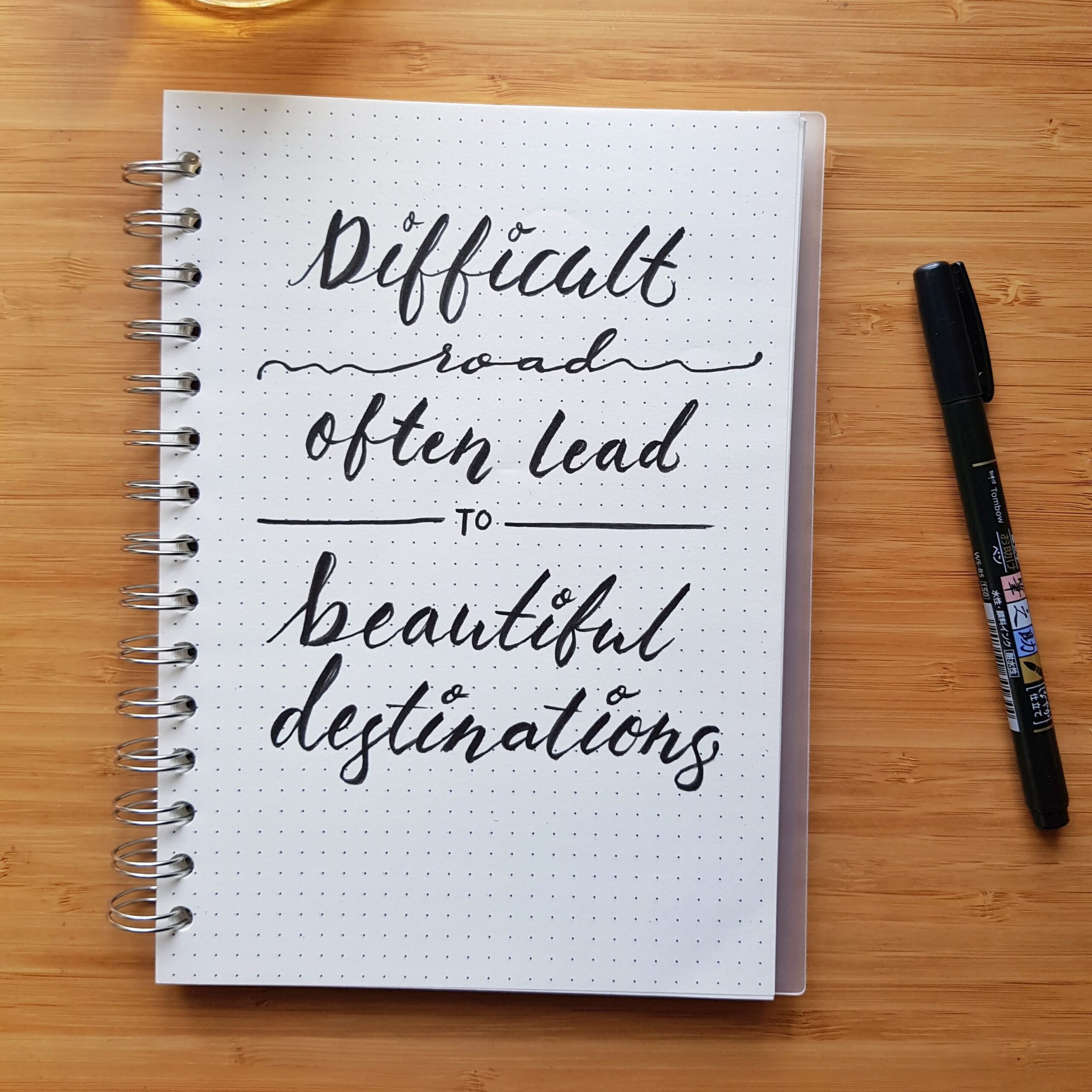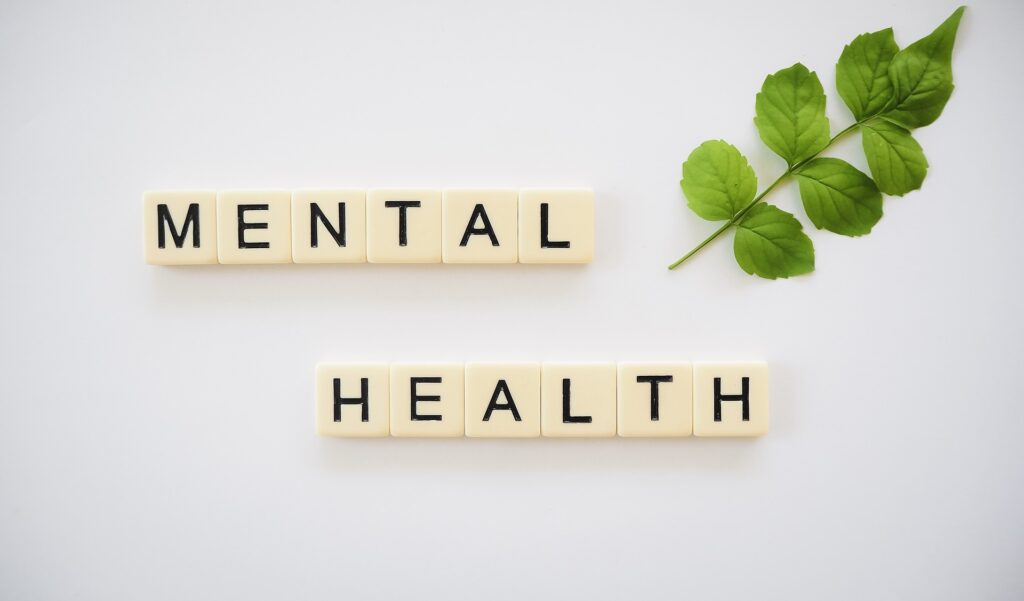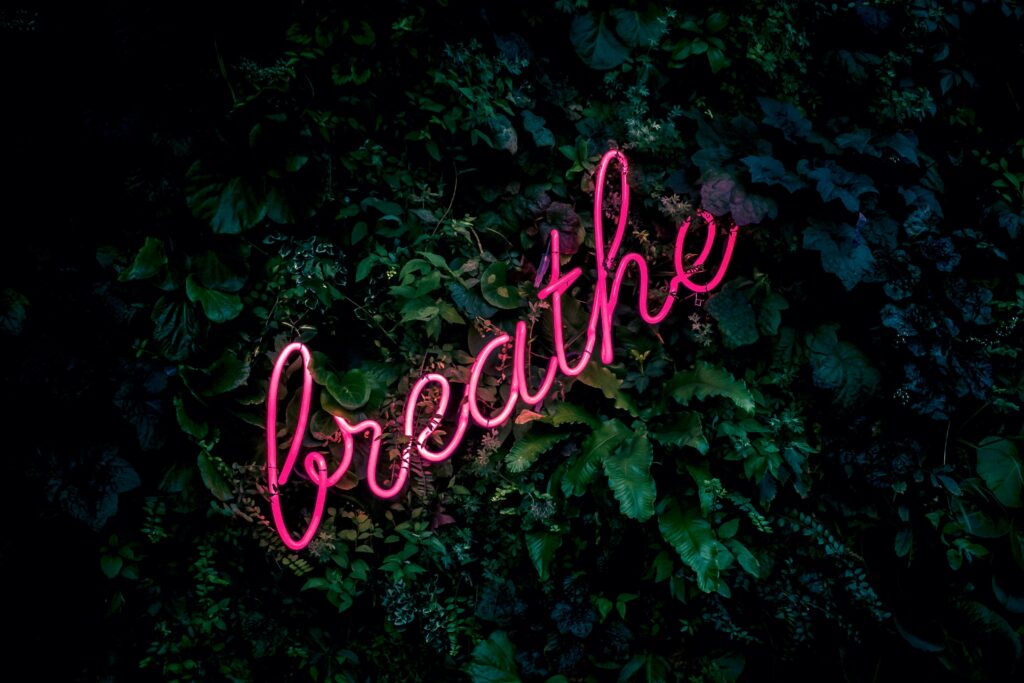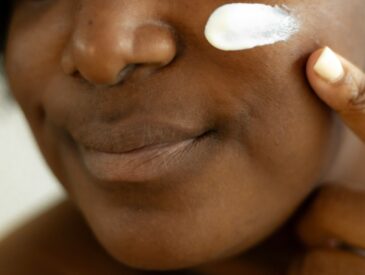This post may contain affiliate links which means I may receive a commission for purchases made through links. I only recommend products that I have personally used!

Welcome to the 20s club! Congratulations! You made it.
Entering your 20s is exciting! Such a milestone moment. It’s amazing to have made it this far, but also kind of nerve-racking to see exactly what the future holds.
After all, society makes your 20s seem like the best time of your life. It’s all about being carefree, partying, and living it up! No responsibilities except for finishing school, traveling the world, and making new friends, right? Not exactly.
The truth is that the 20s are hard. While it is an amazing time to do all those things, it’s also a time that can be pretty confusing.
It’s a period where you’re not sure where (or who) you want to be yet, but you know you can’t stay where you are forever.
You’re not completely sure what you want to do with your life, but you’re 100% sure you don’t want to keep working at the job you have now. Sound familiar?
Trying to find answers to all those big life questions about who you are and what your purpose is can get overwhelming, and the stress of trying to figure life out can cause a lot of anxiety. It feels like the uncertainty will never end.
So even though this is a milestone you’re celebrating, there are unfortunately some common struggles that come around when joining the 20s club that you need to prepare for.
Whether you are in your 20s or know someone who is entering their 20s soon, this guide will help you understand some common struggles people in their 20s go through and how to manage them.
5 Common Pressures That Affect The Mental Health Of People In Their 20s
1. Feeling Old
I know – it sounds ridiculous. But it’s true!
You start to realize you’re no longer a teenager. All of a sudden life is going too fast. Ever since you were little you wanted to be grown, but now that you’re grown you can’t believe the time has gone.
The realization that your childhood is over sets in and everyone is looking at you to be an adult now.
How are you supposed to be an adult?
Nobody ever actually taught you how to do adult things like pay bills, file taxes, or make a budget. The only thing you learned from high school is that the mitochondria is the powerhouse of a cell— not really helping in this case.. or in any case.
The expectation to magically grow up can be so stressful and confusing. Is this an almost-quarter of a life crisis?
2. Feeling Pressure To Have Everything Figured Out
From the moment you graduate high school, everyone always tells you how much time you have to make up your mind about the future because you’re still young.
They say just go to college to work on your general education classes and take that time to figure out what you want to do.
That time flies. Before you know it you’re done with those classes and have to decide on something.
You look up one day and realize you are majoring in something that you’re not really that interested in or working a job that makes you feel pretty miserable.
Suddenly you’re back at square one thinking about what you want to do with your life.
You’re also feeling judged because now people are questioning you on a more serious level about your future and being unsure still is becoming less and less of an acceptable answer.
It seems like if you’re not working, go to school full-time, and have a five-year plan laid out then they’re looking at you crazy.
What happened to all that reassurance that there is still time?
3. Thinking You’re Falling Behind
As humans, it is natural for us to compare ourselves to others who are similar to us.
We have to be careful though because comparisons can become negative and dangerous very quickly.
This is especially true with social media.
You log on and see that your classmates that you graduated high school with are achieving all types of goals.
Some are already finishing up their degrees, some have already picked their full-time careers, and some are already moving out of their parents’ house and starting families. You are happy for them but… dang you haven’t even started anything serious yet.
It’s been two years so you technically should be on track to getting your associate’s degree this year but you haven’t finished yet. You thought you’d have a stable full-time job by now, but instead you’ve had three jobs in the past few months because you can’t find anything that is satisfying to your passion. Maybe you’re not even sure what your passion is yet.
This enormous pressure starts taking over. You start to question if you’re falling behind, if you’re failing at life, if you’re not going at a normal speed like your peers are.
4. Questioning If There’s More To Life
Waking up every day unsure of your purpose gets really old, really fast.
Going to work every day feels miserable. Going to school every day is exhausting and honestly, you don’t even know why you were doing it.
You start to worry about yourself and your worth ethic. Why are you having such a hard time dealing with this? Are you lazy?
It seems like you’re always looking back at the past and thinking about high school a lot- what you should’ve done, things you shouldn’t have done, and how much your personality has changed.
It’s a constant rollercoaster of highs and lows. Sometimes a good idea comes to mind and you think you finally figured out how to work out this whole life thing. On other days you are left wondering if things will ever get better.
Is this all there is to life?
It can be pretty disappointing and feel hopeless when you think about it. The image we had in our head of being grown is so different than the reality of it.
This is the life we looked forward to ever since we were children? Refund me please because this isn’t it!
You start feeling like your greatest years are behind you and the time to chase your dreams is already over. Looks like the rest of your life is just going to be living to work.
5. Not Knowing Your Place
You’re not a child anymore, but you’re also not an official adult either. You’re stuck somewhere in the middle.
In your career, you’re one of the youngest people working there. You’re looked at as the young rookie and oftentimes not treated with the same respect as your older co-workers.
You are over the age of 18 so you are a legal adult but you’re still restricted on a lot of things since you’re not 21. When your co-workers go out on the weekends for drinks or to party you’re not able to join them, which makes you feel like a kid who can’t sit at the grown-up’s table.
In college, things are just about the complete opposite. You’re part of the upper class and no longer get some of the passes that a young freshman might get. To your younger peers, you seem grown because you’re officially out of the teenage years and no longer one of them.
No matter where you go it seems like you don’t fit into either group quite right.

Is It Possible To Improve Your Mental Health On Your Own?
Whew- ok that was heavy. But it needed to be talked about.
Here at JAGT, you know we like to keep it really real and talk about the things that society doesn’t.
This post is not meant to bring you down- it’s here to make you feel seen and help you navigate through this tough time.
It is one of the worst feelings to think that you’re going through those emotions all alone. It can be a lot to handle.
And while those feelings are 1000% valid, you need to know that they will not last forever.
So what then? Does that mean you just have to sit in your negative emotions and wait for this storm to pass? Absolutely not!
There are ways to deal with what you’re going through. Even though things won’t change overnight, these healthy ways to cope will keep you sane for the time being.

5 Ways To Improve Your Mental Health In Your 20s
1. Limit Time On Social Media
Social media is a great way to keep up with old friends and stay in touch, but too much of it can get you down.
We have to remember that social media isn’t real. It only shows people in their best moments, and sometimes their fakest moments.
You only see what they want you to see, which is usually not the whole story to begin with.
Most people are not putting their biggest struggles and failures out there for the world to see. That doesn’t mean that they don’t have them.
As much as everybody tries to make it seem like they know what they’re doing and have their life all figured out, they don’t. I promise you.
Try not to believe everything you see on there.
And even if they are at a different stage than you- good for them! That doesn’t mean your progress isn’t just as important.
The truth is that there’s no such thing as behind or ahead. Everyone’s path is different.
2. Journal Through Your 20s
Journaling is beneficial in so many ways it’s hard to list them all, but here are the main ones.
First, journaling helps you stay in touch with your emotions. It makes you stop and take a moment to really see how you’re feeling.
It’ll also help you see patterns in yourself that you might not even be aware of. You’ll get to know yourself better and maybe learn what things trigger you and what things seem to help you calm down.
Looking back at old memories can help your mood improve. At times when it feels like it won’t get better, you can look back and see that the last time you felt this way it did. It may also help you find solutions to your problems by seeing what you did to get yourself out of a slump the last time you felt down.
Not to mention what it will do for future you! Imagine how great it’s going to be to look back at your 20s one day and see how far you’ve come.
My favorite journal to use is called The Best Journal Ever. It has a space to set monthly goals, track and create new habits, enter daily journal entries, track your sleep cycle, and track your progress from the beginning of the journal to the end so you can see how much progress you’ve made.
3. Get Advice From Someone Older Than You Who Isn’t In Their 20s
It feels better to know that someone you look up to used to struggle the same way you are now.
Yes, that sounds terrible, but it’s true!
You’d be surprised to find out how many of the respected elders in your life have been through some of the same struggles you’re going through. It feels good to know that someone relates to you, and also to see that they made it past those hard times.
To see that someone you know went through those same struggles and made it out fine changes your perspective on things. You start to realize you’ll turn out alright after all.
4. Check In On Yourself
Not only is journaling a great way to do this, but meditating can also be a big help too.
How many times have you just been running on autopilot while feeling empty and exhausted inside? Or maybe you don’t even realize you’re exhausted or emotionally drained until you “randomly” burst into tears one day.
The truth is it’s not random at all. It’s a build-up of emotions that just couldn’t hold anymore and finally spilled out. Emotions that we didn’t even know were there because we haven’t asked ourselves how we’re doing lately.
Basically, that breakdown is your mind telling you that it needs some help and could use a break. So take one!
Whether it’s doing a hobby like painting your nails, watching an episode of your favorite show, or just getting some rest, find something that you enjoy and do it. Everyone needs a little relaxation every once in a while. Plus it’ll give you something to look forward to.
Your mental health is just as important as your physical health so make sure to take care of it.
Check in on you, just like you’d check up on anyone who you love.
5. Affirmations
Affirmations can definitely feel weird at first if they’re not already a part of your daily routine. What is looking in the mirror and telling yourself “I am beautiful” every day going to do?
The answer is a lot actually.
Over time your negative self-talk will start to change.
You’ve got to be your own biggest supporter in life. If you’re not cheering yourself on then why should others? It’s ok to hype yourself up.
Also, when you’re confident in yourself, nothing anyone says or does can affect you. You’ll find yourself comparing less and just being you more.

These tips are not only for people transitioning into their 20s. We have all experienced similar feelings to this when going through a big change in life.
The point is, when our lives get turned upside down it’s important to have something to get us grounded again.
What are some things you do to heal your mental health after a big change? Let us know in the comments below!




